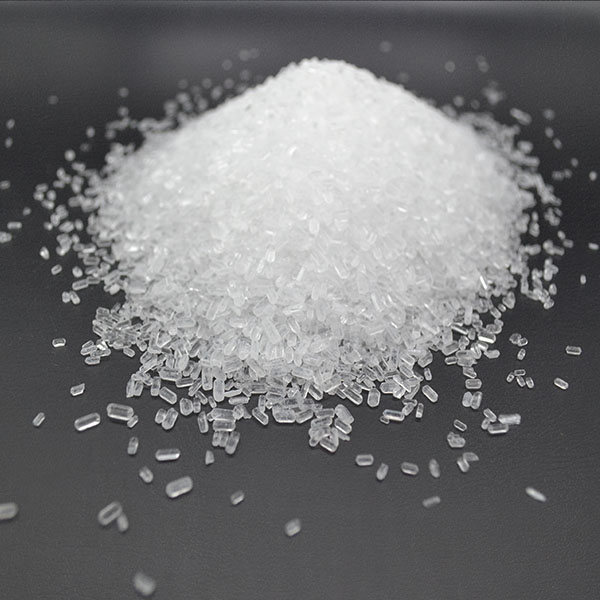
What Are The Effects Of Magnesium Sulfate Heptahydrate On Crops?
2024-04-29 16:04Magnesium sulfate heptahydrate, also known as magnesium sulfate heptahydrate, is an excellent fertilizer that provides magnesium. Magnesium is one of the indispensable elements in plant growth and development. It is involved in various physiological processes in the synthesis of chlorophyll and photosynthesis. By applying magnesium sulfate heptahydrate to the soil, crops can fully obtain the magnesium they need to increase their growth rate and yield.
Magnesium sulfate heptahydrate can also promote the synthesis of chlorophyll and increase chlorophyll content. This means that crops can use sunlight energy more effectively during photosynthesis, improve photosynthesis efficiency, and thus promote the growth and development of crops.
In addition to direct nutrient supply and growth promotion to crops, magnesium sulfate heptahydrate can also adjust the pH of the soil. Appropriate application of magnesium sulfate can neutralize soil acidity, improve soil structure, and enhance the soil's ability to retain and release other nutrients. This is not only beneficial to the growth and nutrient absorption of crop roots, but also improves the overall fertility of the soil and provides a more suitable growth environment for crops.
Magnesium sulfate heptahydrate is a multifunctional fertilizer that can provide essential magnesium to crops, promote chlorophyll synthesis, improve photosynthesis efficiency, and regulate the soil environment, thereby significantly improving the yield and quality of crops. We hope that by promoting magnesium sulfate heptahydrate, we can contribute to agricultural production and help farmers realize their dreams of harvests.

